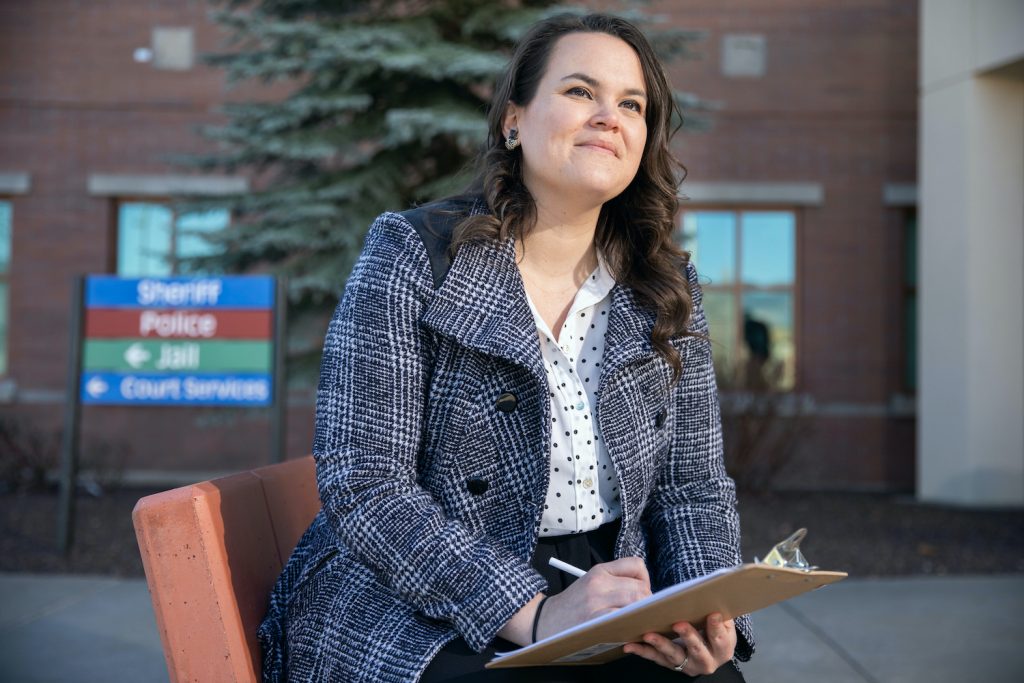The United States has experienced an unparalleled epidemic of incarceration in the past 40 years.
That’s the crux of the research that Ricky Camplain, an assistant professor in Center for Health Equity Research (CHER) and the Department of Health Sciences, has done for years. Her research with collaborators has shown that more than nine million Americans are incarcerated in jails, facilities housing individuals awaiting trial or serving short sentences each year. Of these individuals, 60 percent are racial or ethnic minority groups and/or are members of socioeconomically disadvantaged populations.
The human toll of those statistics runs deep. Among individuals incarcerated in a rural county jail, they found high rates of anxiety, hypertension and poor sleep quality, which can have serious short- and long-term health effects. The good news is that research shows physical activity can mitigate these outcomes. Camplain is not only examining the cause of these negative health effects, she’s also developing physical activity programs to help people who are in jail experience lower levels of anxiety symptoms, decreased blood pressure and improved overall sleep.
To help fund this important work, Camplain received a Career Development (K01) Award through the National Institute on Minority Health and Health Disparities, National Institutes of Health to aid this research. She is the first researcher at NAU to receive this award.
“We want to congratulate Dr. Camplain for receiving the first K award at NAU for the research that she is doing through the Center for Health Equity Research,” said Regents’ professor and CHER director Julie A. Baldwin. “These awards are very competitive and coveted. This K01 will help Dr. Camplain achieve her goal of becoming an independent NIH-funded researcher and will make a significant contribution to the field of enhancing physical activity for individuals who are incarcerated. This award is so well-deserved, and we are extremely proud of her.”
Camplain will use her award to build on her previous criminal justice and health equity research at CHER and a research project through Pilot Project Program funding with the Southwest Health Equity Research Collaborative. In that research, she and a variety of collaborators identified health disparities and successful approaches to promoting physical activity among incarcerated populations, especially at Coconino County Detention Facility (CCDF).
“I wanted to apply for the K award because it provides an opportunity for protected research time to establish my own research lab at NAU in the health promotion of correctional populations,” Camplain said. “K awards can also provide great opportunities to gather preliminary data for larger grants.”



